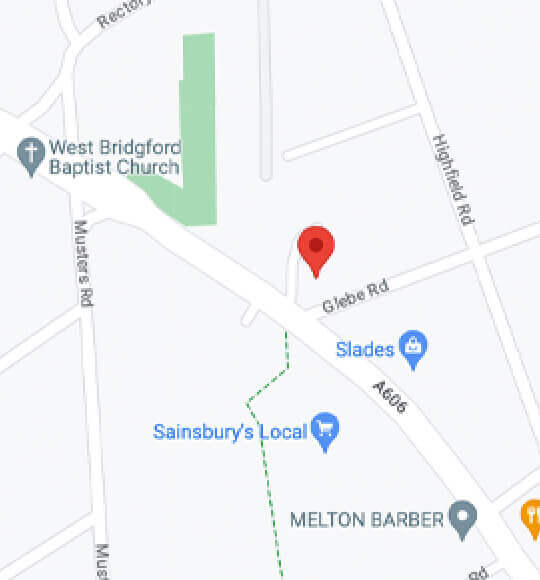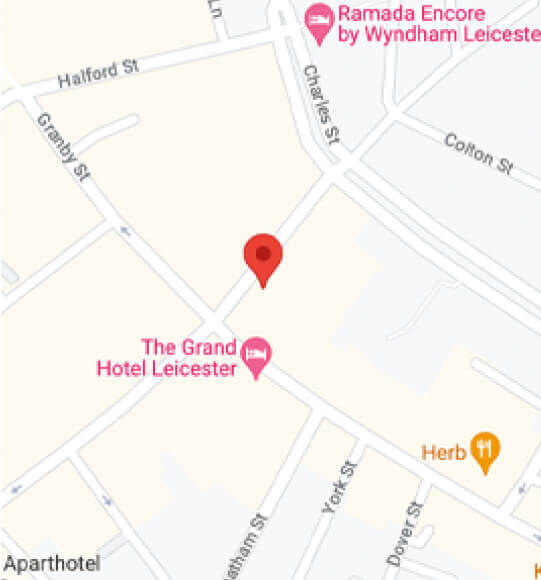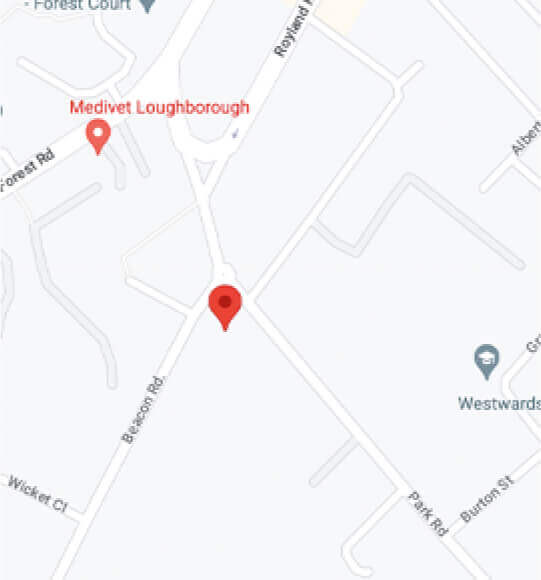We see lots of patients at The Dental Suite that weren’t even aware of what a Dental Hygienist is. We hear, “usually my dentist gives my teeth a quick clean when I visit for a check-up.” Well, let us tell you why it is important you get to know your hygienist!
Dentists have not got qualifications in cleaning teeth
Whilst your dentist is qualified in plenty of vital aspects of dentistry, one of them is not cleaning! A Dental Hygienist is a licensed dental professional who has had an education and training in preventing and treating oral diseases. Hygienists have spent hundreds of hours learning clinical skills making them the perfect professional to keep your oral health on point.
Dental Hygienists do so more than just clean teeth. They also provide advice on how you can best achieve and maintain good oral health for a lifetime. Visiting the hygienist may not be high on everyone’s agenda, but it should certainly be! Depending on your oral health and the dentists’ recommendations, it is suggested that you pay a visit to your dental hygienist between every 3-6 months.

I recently took the opportunity to catch up with Rebecca Muir, our ever-smiley and vastly experienced Dental Hygienist at The Dental Suite.
Why visit the hygienist?
“Everyone should come and visit their hygienist. Your hygienist is a dental professional, highly trained in looking after your teeth and gums. We are friendly, gentle and we really care for the health of your mouth. We’re also here to help spot mouth cancer and gum disease.”
How can you help with the prevention and treatment of gum disease?
“Well, to begin with, the risk of getting gum disease can be reduced by visiting the hygienist, and we can spot gum disease in the early stages and we can advise to help you look after your mouth. If your gum disease has progressed to stage where you risk losing bone around your teeth and therefore getting loose teeth, we can help treat and slow down the progression, helping you to keep your teeth for longer. So to help prevent gum disease, you need to brush your teeth twice a day and you need to clean in between your teeth daily.
Come and visit your dentist and hygienist regularly. And try and quit smoking, as this will reduce your chance of getting gum disease and mouth cancer. Try and eat a healthy diet and generally, try and look after yourself.”
What about if you feel nervous about visiting the dental practice?
“Okay, so if you’re a nervous patient, please try not to worry too much about coming to visit us. We’re here to help you and we’re more than happy to spend time listening to your concerns and adapting treatment to suit you. We understand if you’ve had a bad experience in the past, and we’ve had lots of patients who are too frightened to come in the door. We’ve taken things nice and slowly for them, starting with a chat in the car park and building up to them having beautiful white teeth, and then being so pleased that they brought their whole family in for treatment.”

Can you share any good news stories with us?
“Well, I had a lady who was too frightened to come out of her car. I had to go into the car park and gently persuade her to come in, we had a chat in the waiting room. And then the next time, she’s come, we’ve built up and she’s sat in the chair. And we’ve built up to be able to do a full treatment on her. She was really embarrassed about her teeth, talking with her hand over her mouth. We’ve managed to clean them all up for her and she managed to have some photographs taken on a holiday cruise and she just feels fantastic now. Got a big smile!”
Why is it important to clean in between your teeth?
“Okay, so cleaning in between your teeth is really important, as there is sort of two sides of each tooth, so you don’t really want to miss that and leave plaque in there. So you need to be cleaning in between your teeth with floss or interdental brushes daily. And you can get some tailored advice from your hygienist if you’ve got bridges or implants.”
Is there a right and a wrong time to rinse your mouth?
“Okay, so we try to advise not to use mouthwash straight after brushing, as you’ll wash away the good that the toothpaste gives you because the toothpaste has got fluoride contained in it. So if you’re using a mouthwash straight after, you’re going to be washing it away. So try and use mouthwash at a different time, maybe after your lunch.”
What is the main difference between a manual and an electric toothbrush?
“Okay, so a manual toothbrush is your traditional, normal toothbrush. If you’re picking a manual toothbrush to use, you need to make sure that the bristles are nice and soft and you’re brushing all of the surfaces effectively with nice, small, circular motions.
An electric toothbrush is less abrasive and it tends to remove more plaque and staining. Some brands have a light that comes on, so you can see if you’re over-brushing. And it’s always better to try and get a rechargeable electric toothbrush, rather than a battery one.”







